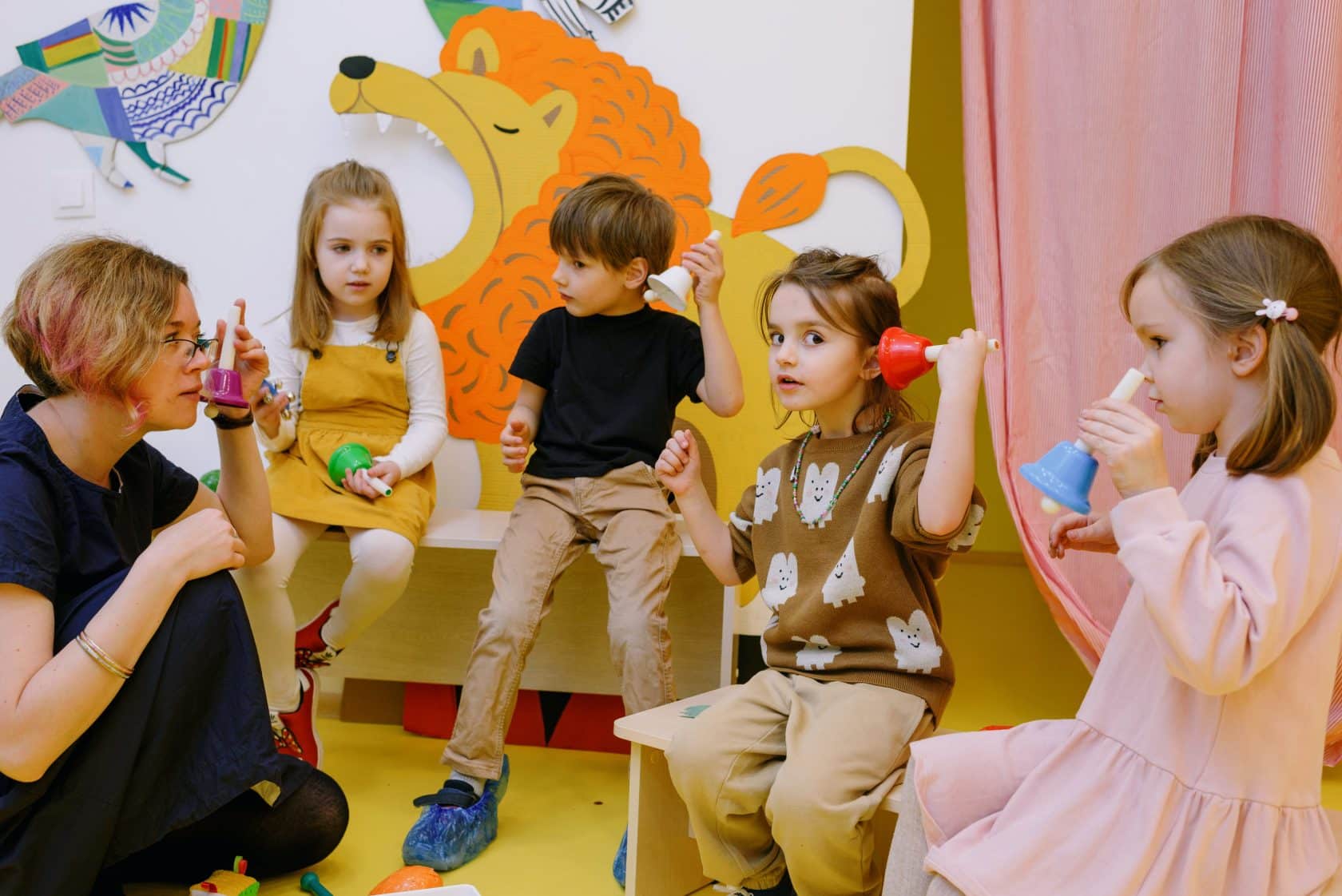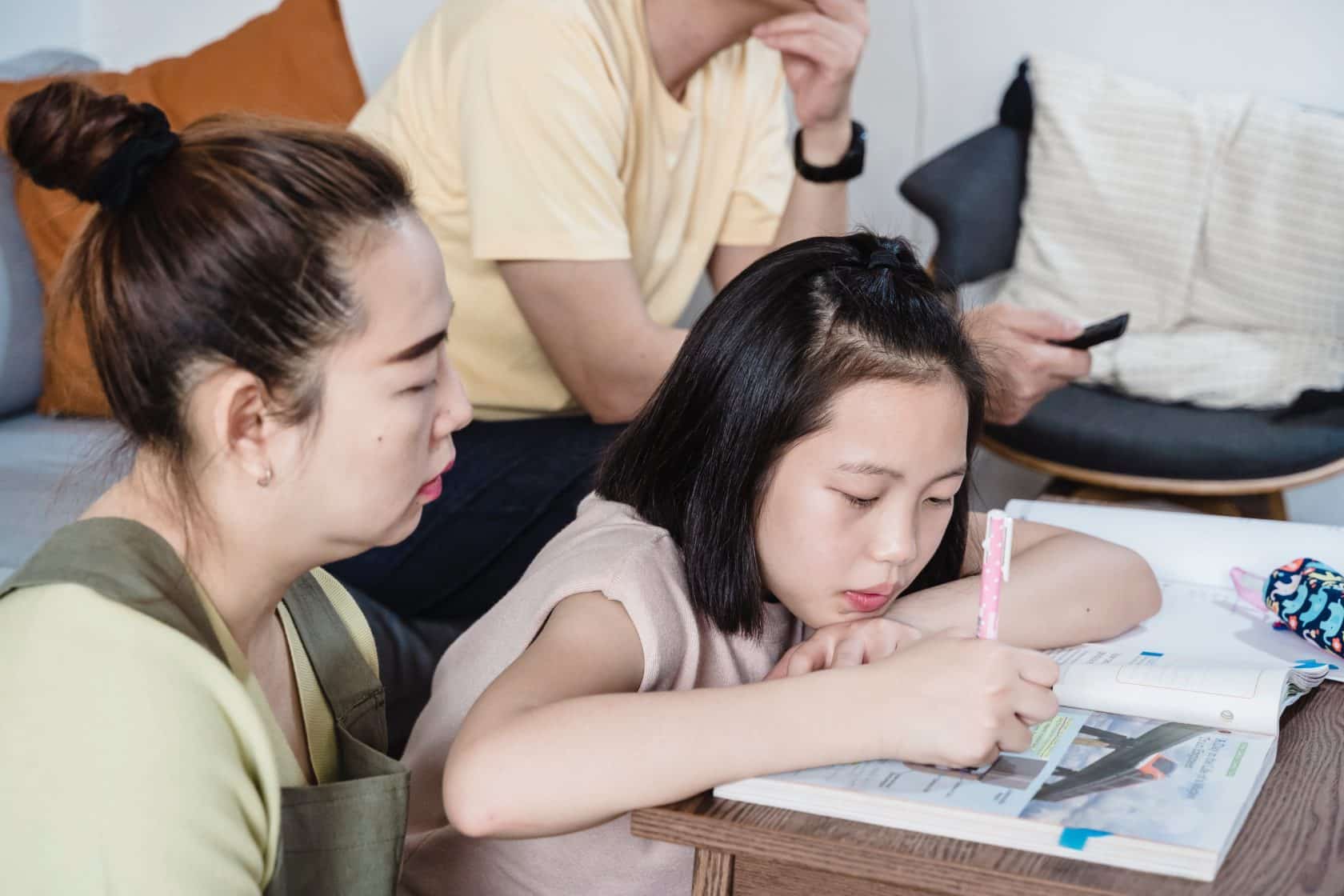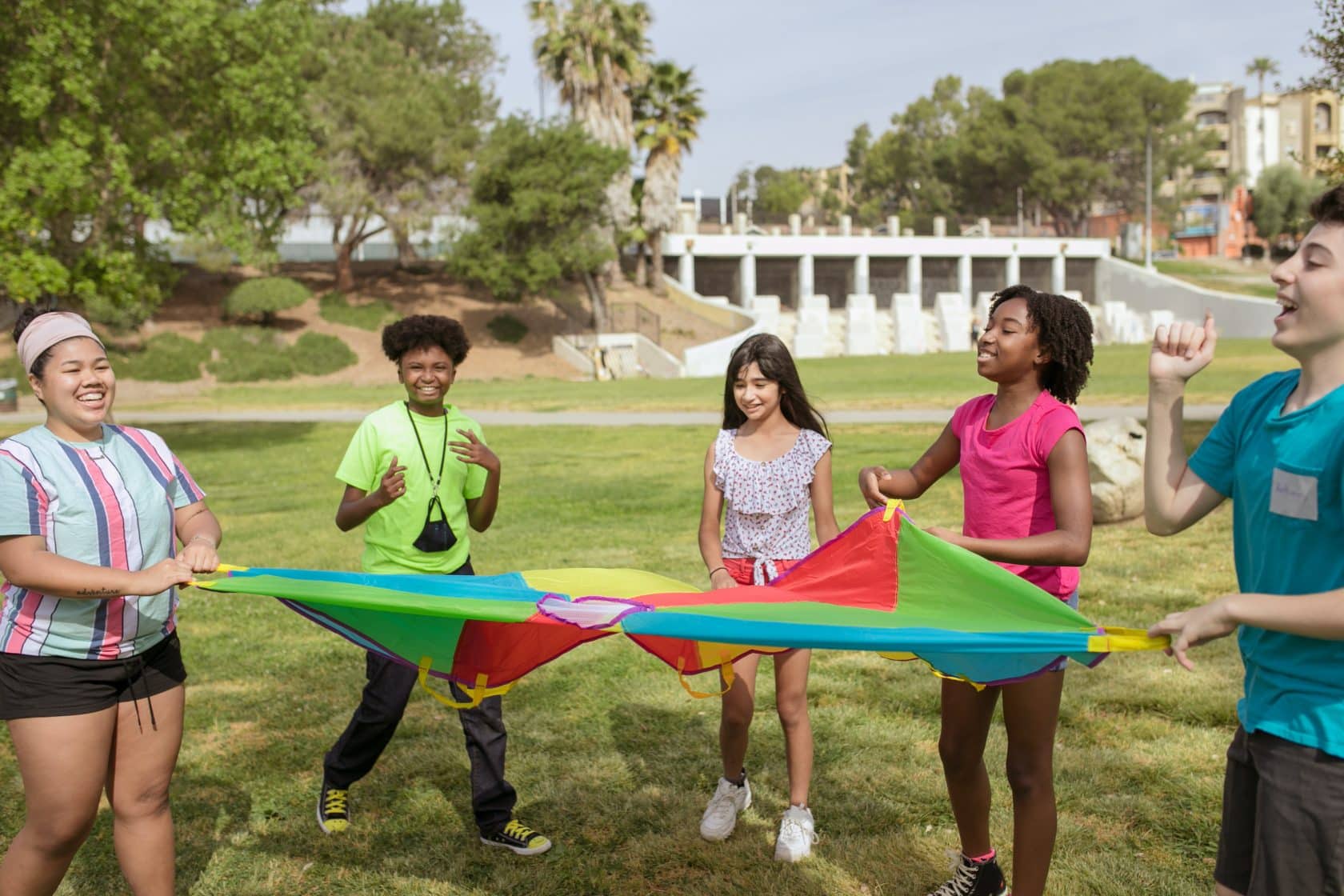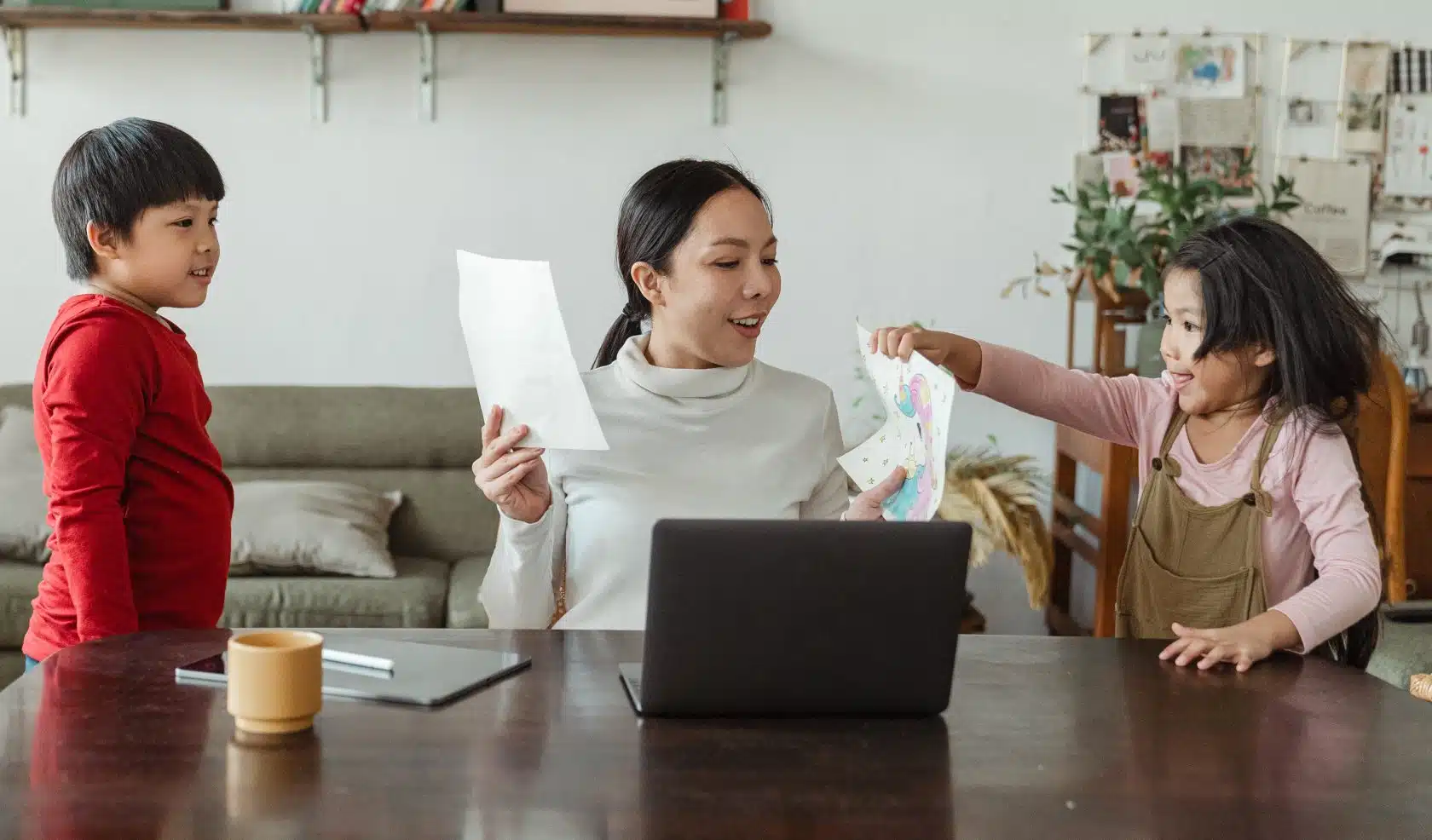Social skills groups offer a structured and supportive environment for individuals to improve their social interactions. Here’s how they work and some practical examples:
- Structured Sessions: Social skills groups consist of structured sessions led by trained facilitators.
- Interactive Activities: Participants engage in interactive activities, games, and role-playing exercises.
- Peer Interaction: These activities promote peer interaction and communication.
- Skill Development: Participants learn essential social skills such as communication, cooperation, and conflict resolution.
- Supportive Environment: Groups provide a safe and supportive environment for practicing social interactions.
- Progress Tracking: Facilitators track individual progress and tailor activities accordingly.
- Inclusive Approach: Groups are inclusive and designed for individuals with various social challenges.
- Real-Life Application: Skills learned in the group setting are applicable to real-life social situations.
- Confidence Building: Participants gain confidence and feel more comfortable around others.
- Positive Outcomes: Improved social skills lead to better relationships and overall well-being.
Social skills groups are like a toolbox for better social interactions, providing practical skills for improved relationships and a happier, more comfortable social life.
This post was originally published on April 14, 2023. It was updated on Jan. 4, 2024.














